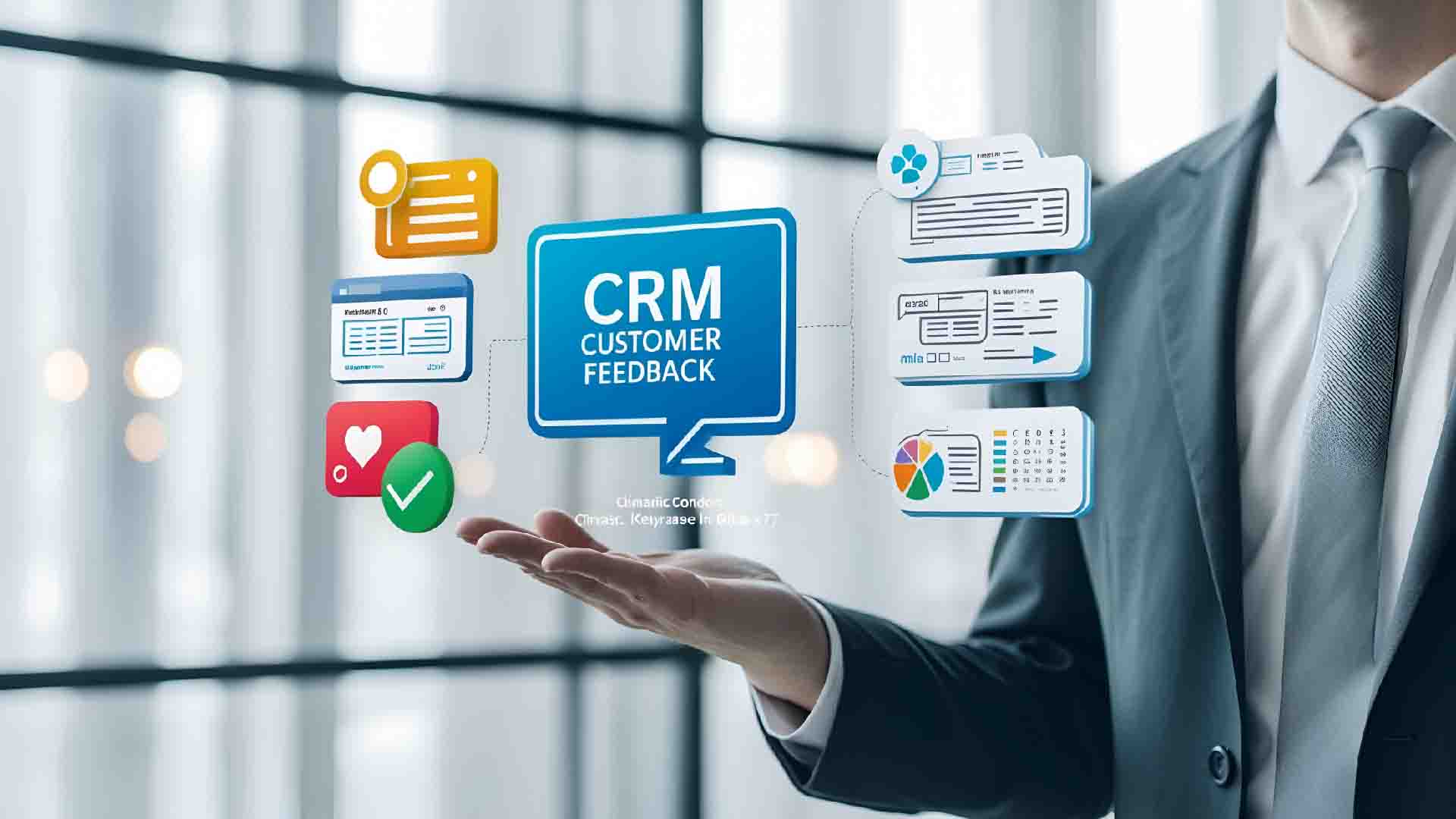In real estate sales, a missed follow-up or delayed response can cost you a high-value deal. As a property developer, your role extends far beyond selling homes—you're managing complex projects, aligning with contractors, agents, and buyers, and maintaining a consistent sales pipeline. That’s where a dedicated CRM for property developers becomes essential.
But not all CRM systems are designed to handle the demands of large-scale development. The ideal solution should go beyond contact management—it should function as a powerful sales engine that organizes your workflows, tracks leads, and drives progress across every stage of your project.
So, how do you choose a CRM that truly fits your development business? Let’s explore what features and functions matter most in a CRM for property developers.
-
Managing Complex Sales Cycles: A CRM tracks every lead through each sales stage, ensuring timely follow-ups and minimizing the chance of losing potential buyers.
Streamlining Lead and Project Management: From marketing to site visits, a CRM captures and assigns leads, automates tasks, and provides real-time updates on project progress.
Strengthening Customer Relationships: With all interactions stored in one place, CRMs make it easy to personalize communication, send timely updates, and build buyer trust.
Improving Documentation and Compliance: CRMs centralize approvals and documents, automate compliance workflows, and help avoid delays caused by manual paperwork.
Why Property Developers Need a CRM
A CRM is more than a contact list—it’s a centralized platform that helps property developers manage leads, automate tasks, and streamline sales from start to finish.
To maximize the value of a CRM, it’s essential to choose one with features specifically designed for property developers. Here’s what to prioritize for seamless project and sales management.
Key Features of CRM for Property Developers
Given the high-value transactions, numerous stakeholders, and lengthy sales cycles developers handle, the right CRM must address these specific needs. Here are the key features that truly make an impact:
Lead Capture and Nurturing Across Multiple Channels: Buyers come from various sources—websites, social media, property portals, and offline campaigns. A CRM captures leads automatically, assigns them to the right sales reps, and nurtures them with timely follow-ups.
Channel Partner Management: Developers depend on brokers and channel partners to drive sales. A CRM tracks partner performance, manages commissions, and ensures seamless collaboration with real-time updates on leads and conversions.
Multi-Channel Communication Integration: In today’s fast-paced market, buyers expect quick responses. A CRM integrates WhatsApp, IVR, GSM-based follow-ups, and AI-powered chatbots, allowing sales teams to engage leads instantly. The mobile app also ensures accessibility on the go.
Productivity and Task Management: Managing large-scale projects requires smooth coordination. A CRM automates tasks, tracks performance, and sends reminders, helping sales teams and project managers stay on track.
Document Management and Workflow Automation: Property sales involve plenty of paperwork, from agreements to approvals. A CRM helps organize, store, and automate document sharing and signing, minimizing manual tasks and speeding up deal closures.
Data Security and Compliance: With sensitive customer and financial data at stake, a CRM ensures robust protection. Features like encryption, role-based access, and compliance management safeguard critical information from unauthorized access.
With these features, a CRM tailored for property developers becomes indispensable, streamlining operations, driving sales, and strengthening customer relationships. Next, let’s explore the key benefits of implementing a CRM.
Benefits of Using a CRM for Property Developers
A CRM for property developers streamlines your workflow, making lead tracking, partner collaboration, and deal closures more efficient. Here’s how it supports your business:
Faster Lead Conversion:A CRM captures, assigns, and nurtures every lead, boosting the likelihood of closing deals quickly.
Better Coordination with Channel Partners: Track broker performance, manage commissions, and ensure transparency to drive more sales through partners.
Efficient Multi-Channel Communication: Integrate WhatsApp, calls, and chatbots to respond to buyer inquiries swiftly and effectively.
Streamlined Document Management: Organize and access agreements, approvals, and compliance documents in one place, minimizing paperwork.
Boosted Team Productivity: Automate routine tasks, set reminders, and track performance to help teams focus on high-priority deals.
Enhanced Data Security: Safeguard sensitive customer and financial information with secure access controls and encryption.
Seeing the benefits firsthand highlights the true impact of a CRM. Here are real-life examples of property developers who achieved success with the right CRM.
How to Choose the Right CRM for Property Developers
The right CRM should streamline operations, boost sales, and foster business growth. A generic solution won’t suffice—property developers need a system tailored for real estate. Here’s what to keep in mind when making your selection:
Scalability and Customization:Choose a CRM that can scale with your business and adjust to varying project sizes and workflows.
Real Estate-Specific Features: Unlike generic CRMs, a real estate-focused system includes tools like site-visit tracking, inventory management, and partner collaboration.
Integration Capabilities: The right CRM should integrate seamlessly with marketing automation, financial systems, and ERP tools to optimize your operations.
Onboarding and Support: Select a CRM provider that offers comprehensive training, implementation help, and ongoing support to ensure your team fully benefits from the system.
Understanding what to look for in a CRM is just the beginning. Let’s dive into some of the top CRM solutions specifically designed for property developers, helping you streamline operations and boost sales.
